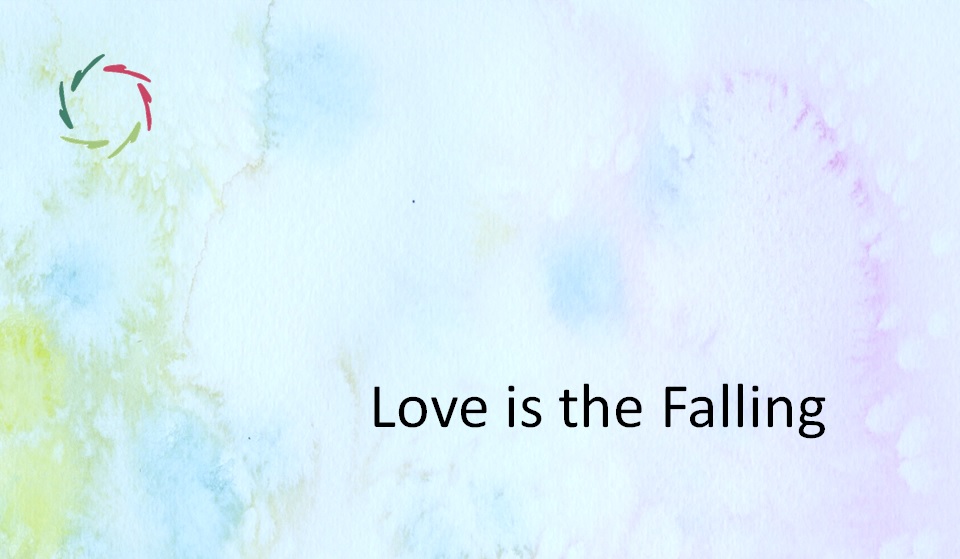Rape = Body. Making Love = Body and Soul.

About the infinity between making love and the absence of rape.
What makes a rape a rape?
Of course, this is a sensitive question.
An even more sensitive, related issue: Are the borders of rape clear or fuzzy? One would like them to be crystal clear, but that may be wishful thinking.
When the woman says ‘no,’ she says ‘no.’
OK. But she might change her mind again and again. She might mean ‘definitely no,’ or ‘not yet,’ or ‘not like this,’ or any of many forms of ‘no.’ So, what is the meaning of any specific ‘no’?
Still, one can ask (not very romantically), ‘yes or no’? Then it depends on the clear answer, one or the other ― legally clear.
But that doesn’t entirely satisfy me.
A married woman may consent against her wanting. She may think this is the way married people behave. She might not want to lose her husband, but not like sex at all with him or with anyone.
The woman might physically suffer from the deed. This ‘dyspareunia’ may be psychosomatic, involving deep feelings of unease or posttraumatic stress.
So many settings transcend a mere ‘yes or no.’ The dichotomy doesn’t take these into account. Then, what does?
For this, I put against each other ‘rape’ and ‘making love.’
Not raping someone during sex is not yet the same as making love. They are two ends of a spectrum. In-between may lie something like, well, boring sex.
It generally appears to be the case that women suffer more from boring sex than men do. The guy may even think everything is fine, while the girl’s opinion is entirely different.
Of course, both ends are body-oriented.
The difference is soul.
This is not the result of one easy pill to take. Sorry, Viagra, there is no soul in you.
To the man, a lack of soul may be – but not necessarily – a cause of impotence. Still, Viagra doesn’t fill the lack, and may even aggravate it by leading the man away from his real issue, which may be less the lack of potency as of soul. Mending it with medicine is just a smokescreen.
To both, a lack of soul may be a lack of love.
This makes the expression ‘making love’ pertinent. Sex may be used by nature for making children, but equally well for making love, literally. The loving relationship then makes a good home for the future child(ren). The loving parents may stay together for years, rearing the child(ren) together.
Meanwhile, back into the action, there is indeed a lot of attention needed to ‘make love.’ It’s about showing oneself and overlapping ― a unification of two humans who do not lose themselves but rather grow from this. They give themselves the gift of growing together.
There is no boredom in this.
Rather a kaleidoscope of emotions and experiences.
There may be some variations at the physical level, which many seek to prevent boredom. However, the variations at the soul level are much bigger and hopefully more interesting.
Love has so many faces, even if it’s always the same.


